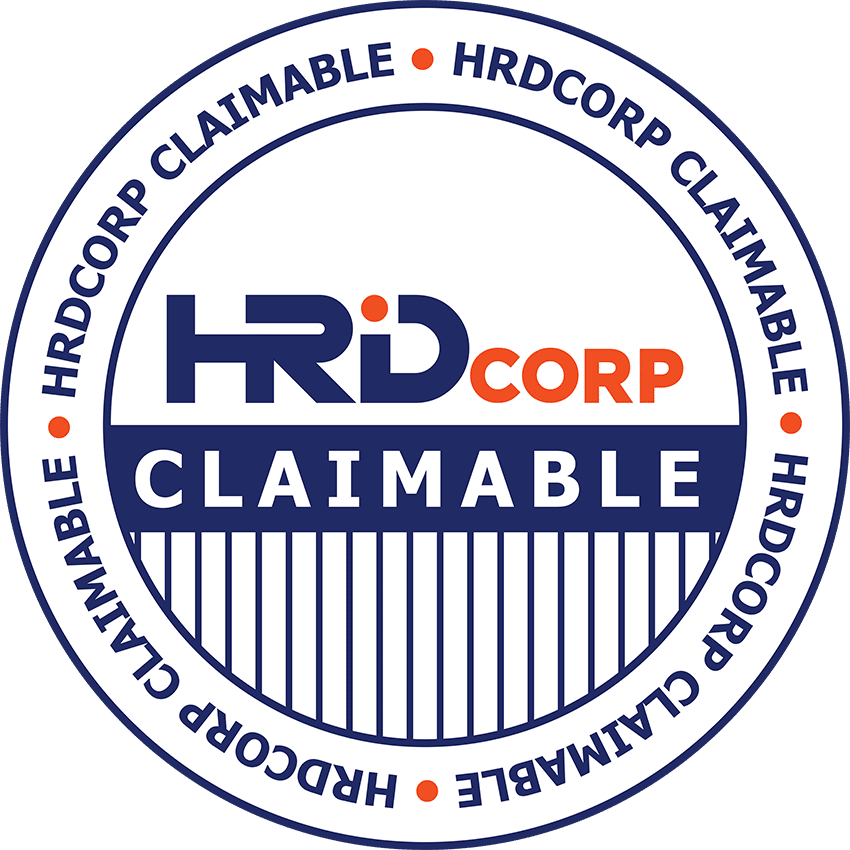Overview
Learn how to tune for optimum performance the IBM DB2 10 for Linux, UNIX, and Windows relational database management system and associated applications written for this environment. Learn about DB2 10 for Linux, UNIX, and Windows in a single partition database environment. Explore performance issues affecting the design of the database and applications using the database, the major database performance parameters, and the different tools that assist in performance monitoring and tuning.
Use tools in class that are common across the Linux, UNIX, and Windows environments. During labs running on DB2 10.1, develop your ability to use monitoring tools. Explain tools and DB2 utilities like RUNSTATS, REORG and db2batch to tune a database running on your local LINUX workstation.
Skills Covered
- Define the impact of database design (tables, indexes, and data placement) on database performance
- Describe database application programming considerations and how they affect performance
- Identify and describe the parameters (database and non-database) that affect performance
- Tune parameters to achieve optimum performance
- Identify and use the tools that assist in monitoring and tuning of a database
Who Should Attend
This is an advanced course for database designers, database administrators, and application developers working with DB2 for Linux, UNIX, and Windows who are concerned about performance.
Course Curriculum
Course Modules
Exam & Certification
This course is not associated with any Certification.


